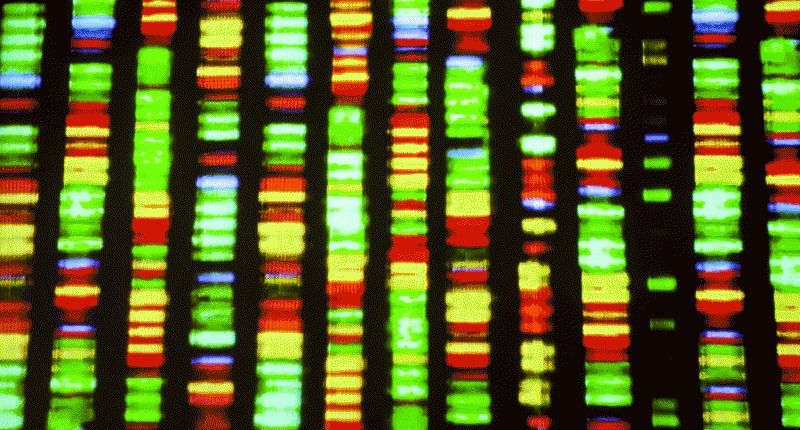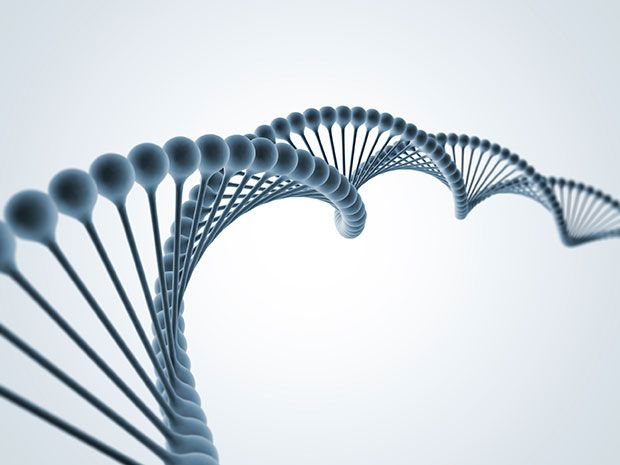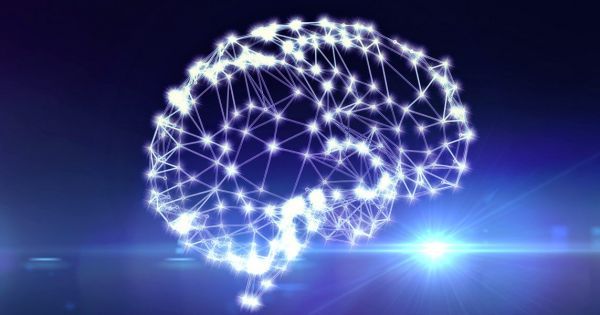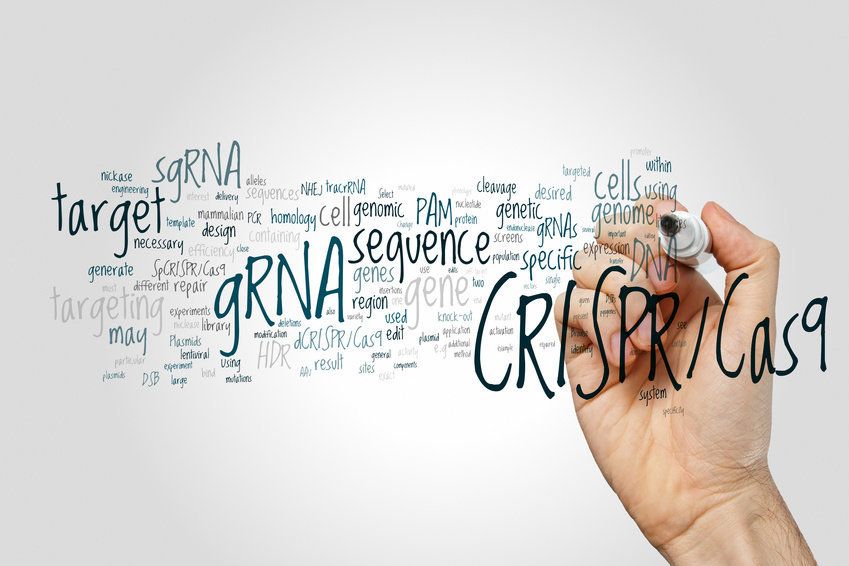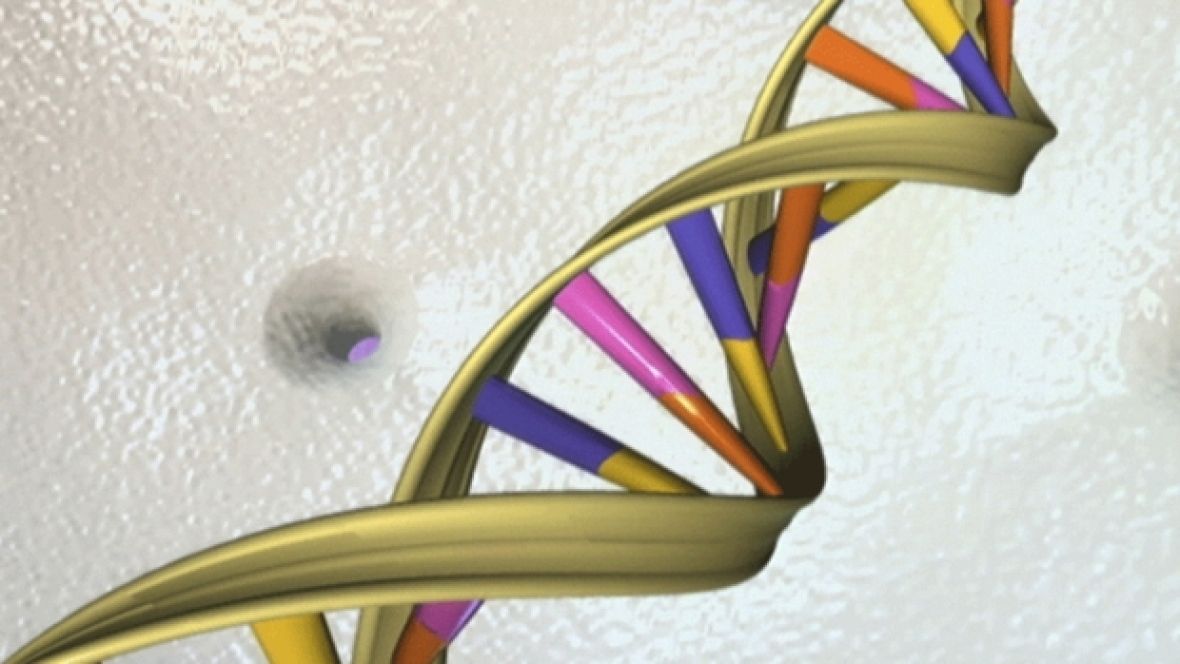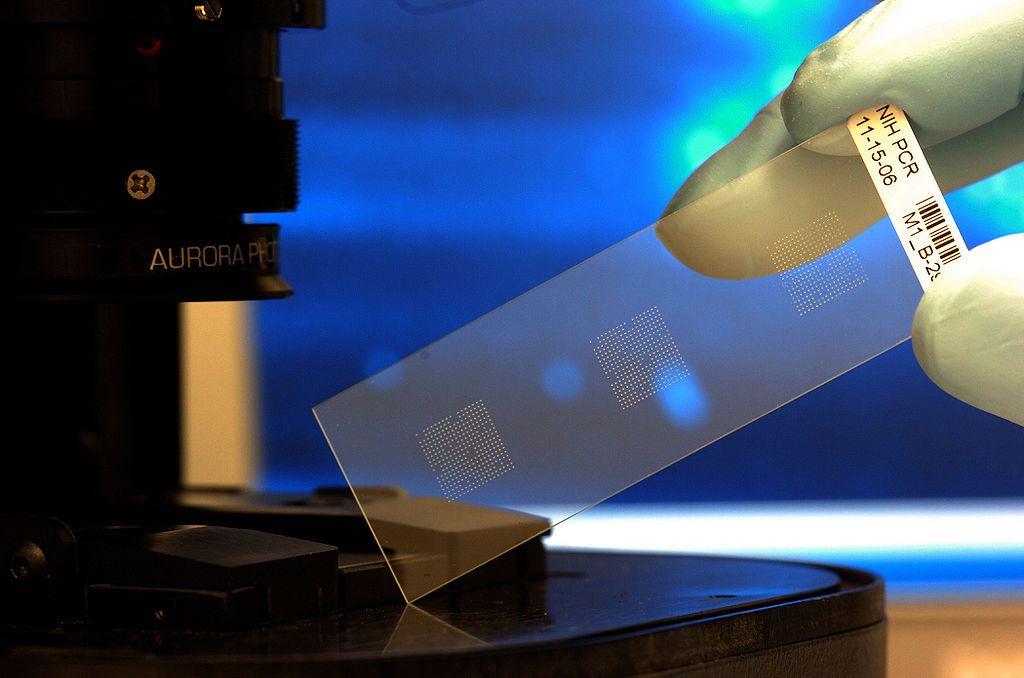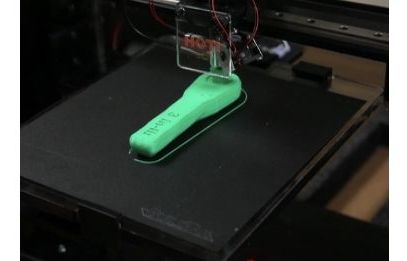Jun 4, 2016
Scientists to launch 10-year project for creating human genomes
Posted by Karen Hurst in categories: biotech/medical, genetics
Hmmmm;
Today a group of 25 scientists officially announced their plan to build a human genome from scratch within the next 10 years. The proposal — called the Human Genome Project-Write — would be, as BuzzFeed News put it, to lay “DNA letters like bricks”.
The group also includes experts from Harvard Medical School, the Massachusetts Institute of Technology, the USA government’s Lawrence Berkeley National Laboratory, Johns Hopkins University School of Medicine, Yale University, the University of Edinburgh, Columbia University, the University of California at Berkeley, the University of Washington, Autodesk Bio/Nano Research Group, Bioeconomy Capital and other institutions, and is led by geneticist Jef Boeke of the New York University Langone Medical Center.
Continue reading “Scientists to launch 10-year project for creating human genomes” »
